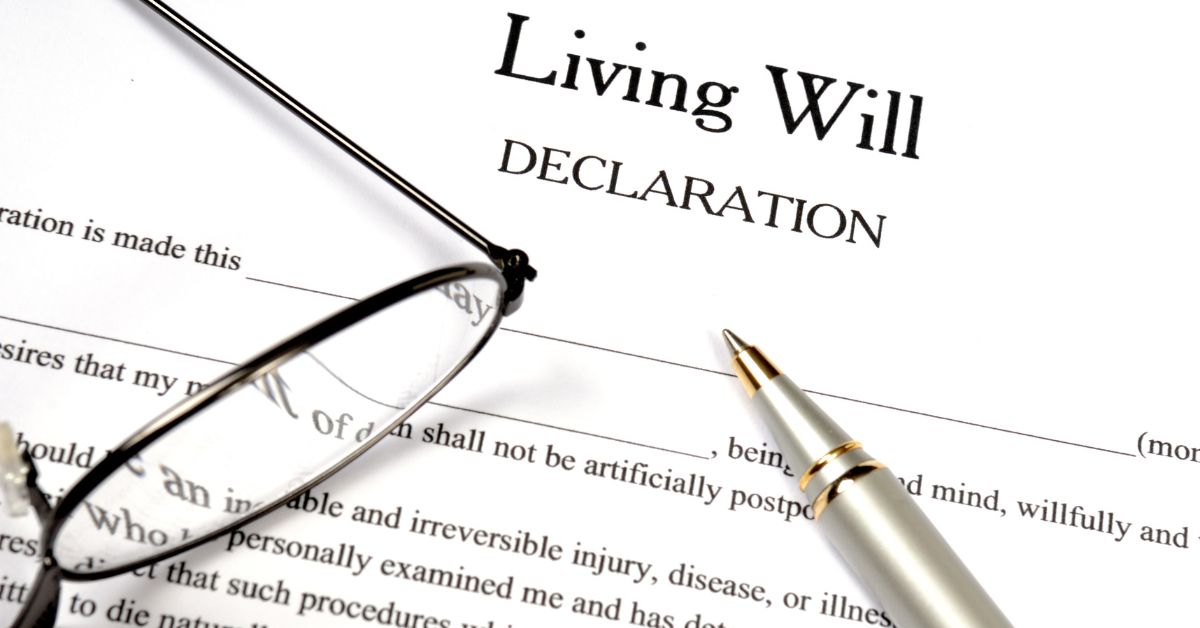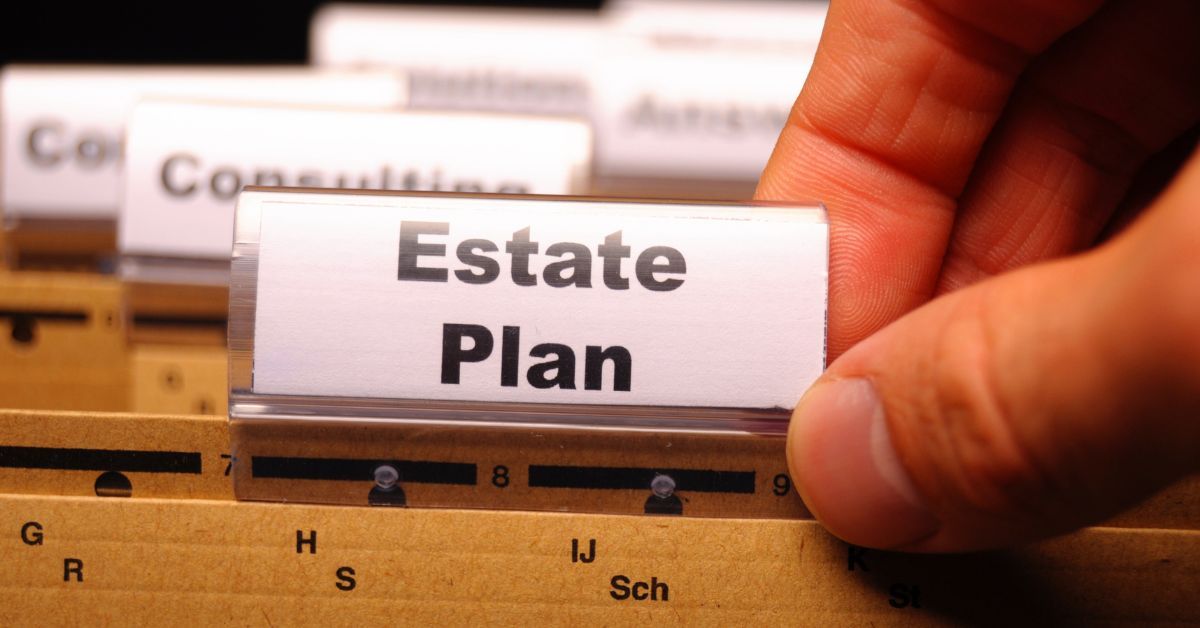Death Duties Qld: Do You Know Enough To Help Your Family?
Death Duties QLD: Do You Know Enough To Help Your Family?
The worst time to learn about death duties is after a family member has passed and you find yourself jumping through emotionally draining legal hoops.
It is good to speak with a professional who can help you with estate planning. This can make the process easier for your family. Whether you are finalising a will or are an executor considering professional advice, we can help you learn about death duties Qld.
We know how emotionally charged these times can be. Our boutique law firm is qualified and experienced in handing
Family Law matters. We can help you from estate planning to the final distribution of estates.

If you have general inquiries about probate, want some expert advice before making important decisions, or need assistance with filing a final tax return, we are here for you.
We understand that finding the proper representation is costly and that legal matters are sensitive. We always prioritise our clients, paying special attention to your specific circumstances and financial situation.
It is well worth the expense to have a personal representative that can advocate for you. We will work tirelessly to find solutions that protect your best interests and finances.
We have decades of experience working with the Queensland community. With our assistance, you won’t have to worry about local laws and taxes on your own. We will cover the legal side of things so that you can pay attention to your family's needs and have time to adjust to changes.
In this article, we will cover what you can expect from death duties in Queensland, Australia. Even though you do not need to worry about inheritance tax in Australia there are still other taxes and obligations to prepare for.
Let's look into them below.
Death Duties In Queensland: What Are They?
There is no death tax or inheritance tax in Queensland. The Fraser government abolished them in 1979.
However, there are a few other taxes that need settlement after a person’s death.
Federal and state taxes like capital gains tax and transfer duty can affect the distribution of your estate. When a person becomes deceased, the taxes owed become payable regardless of where the person lived, or where they died.
The good news is you can get help to minimise any taxes related to your assets and the effect they may have on your beneficiaries. If you seek professional advice, please reach out to
us for help with estate planning strategies. A solid strategy can make the distribution of your estate much smoother.
Inheritors and Wills

Inheritors, or beneficiaries, are the people who benefit from the deceased’s estate. Beneficiaries are usually named within a will.
In Queensland, if a person dies intestate or without a will, then their assets get distributed according to the
Queensland Government’s Succession Act 1981.
Most often, the deceased’s next of kin will receive the assets of the estate. However, this is not always the case. Finalisation of an estate usually takes up time and money when there are no instructions left behind. Having a
will in place can avoid unnecessary court fees and delays.
There are no inheritance taxes in Australia. But beneficiaries still may need to pay some other taxes. This depends on what they receive from the estate and their relationship to the deceased person.
An executor is a beneficiary responsible for carrying out the wishes put forth in a will. The
Australian Taxation Office recognises an executor as a legal representative of the deceased person’s estate. Therefore, they can contact the ATO for all tax-related matters when managing the estate.
Assets cannot be distributed until all of the taxes and debts are determined.
The executor has to take care of several other things as well. They include things like:
- Informing banks of the death that occurred
- Locating assets and determining their value
- Paying debts and funeral expenses
- Taking care of tax returns
- Distributing the remainder between beneficiaries
Spouses or other beneficiaries may have difficulty dealing with the deceased estates if they are not expressly named an authorised contact.
This is why it is best to meet with estate lawyers to draft a will and complete estate planning while you are still making decisions for your family. Having a plan in place now can save your loved ones time, money, and emotional stress.
Capital Gains Tax
A capital gain is the difference between the cost of an asset when initially purchased and the profit or loss amount from when the asset sold.
If beneficiaries choose to sell assets from your estate then capital gains tax may apply to the sale of the assets.
This is not an uncommon situation. Oftentimes, family members inherit homes from loved ones while already owning a home. If they decide to sell the inherited property then they can be responsible for paying the applicable taxes.
You can choose to gift a property to your heirs. Or, you can choose to sell it at market value and divide the proceeds between beneficiaries. If your will directs the sale of a property upon your death it will be considered a capital gain event. Your estate will be liable for any applicable tax.
Some conditions qualify for exemptions. For example, an exemption will apply if the property is your primary residence. Or, if the beneficiary disposes of its ownership interest of the property within two years of your death.
A Note on Superannuation Funds
If you have been saving for retirement with a superannuation fund, this generally gets dealt with separately from the rest of your estate.
Normally, your super and any of the accompanying insurance benefits get paid out to your nominated beneficiary.
If you do not nominate a beneficiary, the trustee of your provider may decide which dependents the benefit goes to. Or, they can make a payment to your executor to distribute in accordance with your will.
If you do not have dependents, it will then get paid to your estate and will be dealt with according to your will.
Your executor will need to know that you had superannuation benefits and find out the details of your fund to be able to distribute it properly. If you do not provide this information, they may need to contact your last employer to get the details they need.
The tax on a super death benefit depends on several things. There can be tax-free and taxable portions of the benefit.
You do not need to pay any taxes on the tax-free portion of your super. You can take it in a lump sum or receive it as an account-based income stream. But you do need to include the tax-free component in your assessable income. It will be taxed at your marginal rate.
Dependents of the deceased do not need to pay tax on the taxable component of the death benefit if they receive it as a lump sum. They do not need to include it on their tax returns as income.
But if dependents receive a death benefit as an income stream then they will need to pay the appropriate taxes.
This can get extremely complicated. The tax rates depend on the age of the deceased and the age of the beneficiary, the type of superannuation fund, the effective tax rate, and more.
You can speak to a professional to get assistance with accessing and distributing your superannuation benefits. They can help you set things up in a way that is best for your beneficiaries.
State Tax
Both federal and state tax may apply to the property and assets of a deceased person.
Even after death, there is an obligation to pay the deceased estate tax for the ordinary earnings and investments they made while alive. A final tax return is required for any tax withheld on income within the year a person passes away.
There may be other obligations as well, like if you were a sole trader or operated a business.
If you have any special circumstances like the above that make estate planning complicated it may help to seek professional advice that can help you prepare. This way, you don’t have to worry about passing on obligations to family members.
Our lawyers can discuss your personal situation and identify what kind of obligations you may have. We can also help you outline a strategy to take care of these responsibilities with little stress and low cost.
Land Tax
Land tax is a state tax calculated every year. Land taxes go towards providing government services and infrastructure for Queensland residents.
Anyone owning dutiable property in Queensland is responsible for paying land taxes.
All freehold land is dutiable property eligible for land tax. This includes vacant land, land that is built on, lots, in group title plans, and more. If you own land jointly then the taxable value of the land gets divided amongst owners based on the value of each share.
The tax rate that applies to your situation depends on what type of owner you are. It will also depend on the total taxable value of the land, and if any exemptions can apply.
A land tax may apply to land held in a deceased estate. It is important that you or the administrator of your estate obtain a land tax clearance certificate before transferring any property to a beneficiary.
This will confirm that the land tax is up to date and the property is clear of any previous land tax assessments.
A reassessment may take place when certain events occur, like when land records change. A reassessment can increase or decrease your liability. You can always discuss this with a professional beforehand to see how a reassessment might affect your estate.
Transfer Duty
Transfer, or stamp duty, applies to the transfer of property from an executor. It is a tax on the sale of property. It generally goes towards the cost of changing the title of the property and updating the ownership details.
It is calculated on a sliding scale, so the more expensive the home, the more expensive the stamp duty will be.
An exemption may be available where the executor is transferring the land to reflect a beneficiaries interest under the will. Beneficiaries can apply for a transfer tax exemption if they are receiving property from a deceased person's estate. The application must be made following the will or the Queensland rules of intestacy if there is no will.
But if your will directs the sale of the family home for the benefit of your children it is a dutiable transaction. Therefore, no exemptions will apply.
For example, if the home sells with the profit going to the beneficaries then whoever buys the house will have to pay the transfer tax. It doesn’t matter if it is another family member who completes the purchase.
KMB Legal Is Here for You
When you choose to work with the KMB legal team, you are choosing a friend who can help you through some of the most challenging situations in life.
We value your time and money. We realise that dealing with legal matters can be some of the most anxious times of life.
We have experience working with small family-run businesses to large enterprises. We can help you make a plan for executors dealing with considerable assets to understand what is going on and make the best decisions for the family.
KMB legal offers high-quality service to the Gold Coast community and keeps the financial impact low for our clients. We combine traditional and modern legal approaches to offer one-of-a-kind customer service that achieves strong results.
If you are estate planning and considering death duties we are able to help with the entire process. Even though your beneficiaries will not need to pay inheritance tax they will face capital gains, transfer duties, and other obligations when settling your estate.
To fully understand how KMB legal can help you navigate death duties, contact us for a
free phone consultation.
FAQ
Do you have to pay Death duties in Queensland?
No, you do not have to pay Death Duties in Queensland. Death duties, or inheritance tax, have not been collected in Australia since 1981.
There are, however, several other taxes that may impact inheritances.
Is transfer duty payable in a deceased state?
No, transfer duty is not payable in a deceased estate. Heirs and beneficiaries are exempt from paying transfer duties.
If the property is inherited from a deceased estate, it does not matter what the relationship was. It also does not matter if the deceased dies with or without a valid will.
How is a deceased estate distributed?
A deceased estate is distributed based on the will left behind. Wills normally name beneficiaries who are to inherit the estate.
An executor is a person appointed by the deceased to administer their will. An executor will make sure all debts and taxes owed get paid, and the assets are divided up according to the deceased’s instructions.
If there is no will, then the estate will be distributed based on the regulations outlined by the
Succession Act (Qld) of 1981 if there was no will.
Are bank accounts frozen when someone dies?
Yes, banks and financial institutions will freeze the accounts if the owner of the account dies. They will only do this if the deceased is the sole account owner. It is to prevent any further transactions and protect the estate.
Any joint bank accounts continue with normal operation.
What debts are forgiven at death?
Debts are not forgiven at death. There is an obligation to pay back any debts, even after death. Taxes owed by the deceased person on earnings and investments made during the year of the death will need to be paid after death.
Do children inherit debt?
No, children do not inherit debt. Debts are paid out from the estate before any children or other members of the family inherit anything.
The children will inherit what remains of the assets after debts are settled. They will be used to satisfy outstanding debts instead of remaining in the estate and passing along through inheritance. This means that if the debt is not paid before it is time to execute a will, the children can lose out on assets.
Who pays for a funeral if there is no money?
The Department of Justice can help pay for a funeral for someone who died without any next of kin or ability to pay for a funeral. There is a Funeral Assistance Scheme that can be applied for.
They pay the upfront costs of the funeral if you qualify for the scheme.
You may also be able to use superannuation death benefits to pay for funeral and testamentary debts. They have protections from covering other kinds of debts but can pay for the funeral expenses.
What happens to a house when the owner dies without a will?
When the owner of a house dies without a will, the house will go to the next of kin pursuant to the Succession Act (Qld) 1981.
The first in line is a spouse or de facto partner. Then the children or grandchildren.
If you have children, then $150,000 and the household chattels will go to your spouse and half (or a third depending on the number of children) of the remaining estate. Your children will receive the remainder.
After that, the order goes from the grandchildren, deceased’s parents, siblings, nephews, nieces, grandparents, uncles, aunts, and lastly, cousins. There is no provision for distributing property past first cousins.
Are siblings responsible for siblings' debt?
No, siblings are not responsible for another sibling’s debt. A family member is only responsible for paying another family member’s debt if specific conditions apply.
If you own an asset that has been used as security for your sibling’s debt, then you can be responsible for the debt. If you are a joint borrower with your sibling you may also be responsible. Or, if you have guaranteed your sibling’s loan then you will be responsible for the debt.




